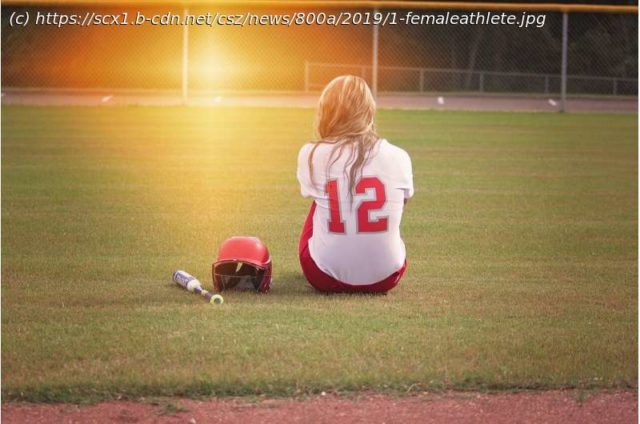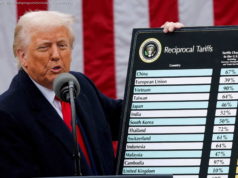This week the United Nations (UN) Special Rapporteur on violence against women and girls presented a report detailing the violence experienced by women and girls in sport globally.
This week the United Nations (UN) Special Rapporteur on violence against women and girls presented a report detailing the violence experienced by women and girls in sport globally.
The report provides a global snapshot of the abuse women athletes experience, who is most likely to perpetrate the violence, and makes recommendations on what should been done to promote the safety of women and girls.
Off the back of the Paris Olympic and Paralympic games, where Australia cheered on the record-breaking success of women athletes, the report should be a wake-up call for Australian sports and clubs.
Drawing on more than 100 submissions and consultations with 50 people, the report finds: «Women and girls in sport face widespread, overlapping and grave forms and manifestations of violence at all levels.»
These abusive behaviors include coercive control, physical violence, corporal punishment, verbal abuse, social exclusion, bullying and identity abuse.
The impacts of this violence are wide-ranging: physical injuries, insomnia, fear and anxiety, reduced self-confidence, substance misuse, eating disorders, self harm, and decline in athletic performance and participation.
These impacts can extend well beyond the athlete’s involvement in their sport.
Women and girls also experience economic violence in sport. For example, when women athletes do not have control over their earnings, or when they are coerced into signing exploitative contracts.
The report notes women athletes also experience heightened rates of abusive and harassing behaviors in online settings. This includes sexual harassment and threats, racism, ridicule, body shaming, sexualized comments, stalking, doxing and revenge porn.
Perpetrators are wide-ranging. They include coaches, managers, spectators, teachers, peers, sports lawyers, referees and medical staff.
The report describes sexual harassment and abuse as «rampant» and acknowledges the high rate of sexual violence, in particular with relationships between coaches and athletes.
This includes grooming of younger athletes, where power and control dynamics, combined with an abuse of trust between an adult and child athlete, provide the conditions for sexual abuse to proliferate.






